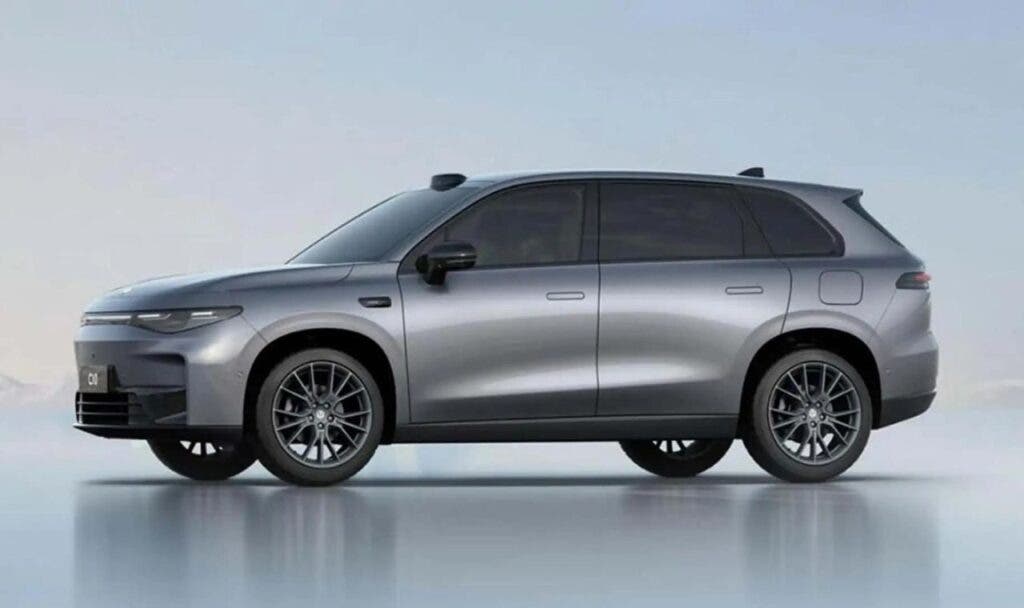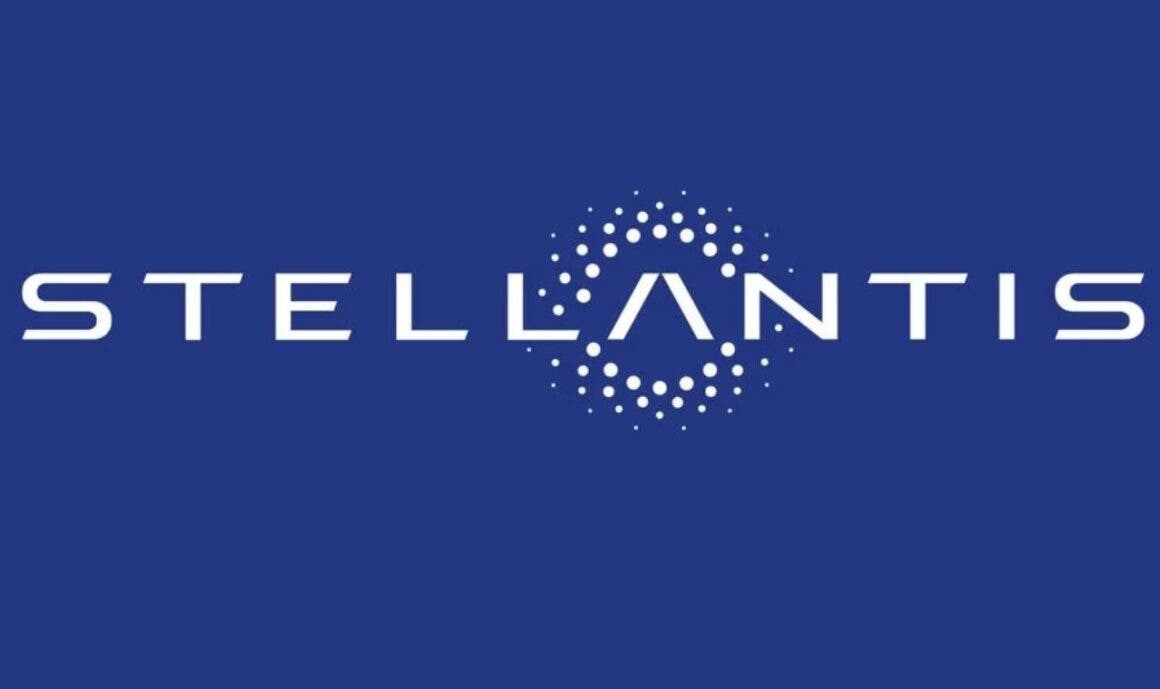As reported by CarNewsChina, which refers to three sources close to the matter, Stellantis wants to invest in Leapmotor and obtain a license for its Leap 3.0 platform for BEV (Battery Electric Vehicle) and EREV (Extended Range Electric Vehicle) vehicles. However, the amount of the potential investment or the stake in Leapmotor that Stellantis aims to secure is not mentioned.
An agreement between Stellantis and Leapmotor is getting closer

Leapmotor unveiled the C10, its first model based on the Leap 3.0 platform, at the September IAA. The C10 will be the first global model from the brand to be launched in Europe, although the exact markets have not been named yet. What is clear is that, just like in China, Leapmotor will rely on the EREV concept for its upcoming European models in addition to purely electric BEV propulsion. The vehicle features a small combustion engine that serves as a generator for the battery but never directly powers the wheels, similar to the now-discontinued BMW i3 with a range extender.
The Leap 3.0 platform utilizes a cell-frame concept where battery cells are directly integrated into the battery pack, and the battery pack itself is structurally loaded. According to Leapmotor, this should enhance battery range, performance, and safety. The electric drivetrain, cooled with oil, offers power ranging from 170 kW to 250 kW and is suitable for both rear-wheel drive and all-wheel drive applications. Additionally, it incorporates silicon carbide semiconductors.
The recent report is not surprising, as in August, Bloomberg reported that Stellantis was seeking a partnership with a Chinese electric vehicle manufacturer to strengthen its presence in the world’s largest automotive market. With this new information, concrete developments may be on the horizon.
Stellantis is currently facing challenges in China. Last year, the group closed its sole Chinese facility in a joint venture with GAC after a failed acquisition attempt by Stellantis. The company attributed this to increased interference by Chinese politicians in the economy. Leapmotor had already emphasized its openness to cooperation agreements during the premiere of the Leap 3.0, expressing its intention not only to build cars independently but also to become “a supplier of essential electric vehicle technologies,” as confirmed by CEO Zhu Jiangming. In addition to Stellantis, Volkswagen is also said to be negotiating with Leapmotor for potential cooperation in the electric vehicle sector in China, possibly under the Chinese Jetta brand.
